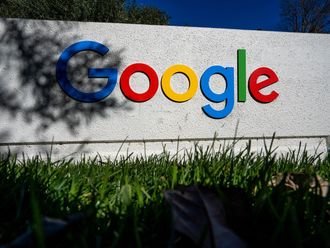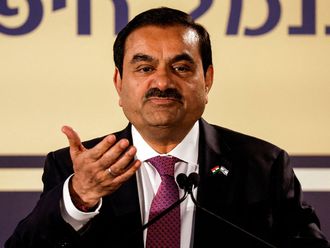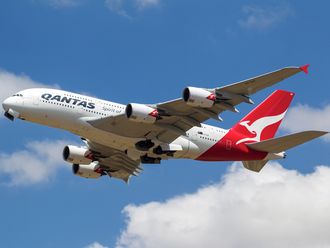Turkey will stake its future growth on exports, particularly to Middle East markets such as Iraq, the country’s central bank governor has said, marking a break with the domestic demand-driven expansion of recent years.
Foreign trade had already become the chief motor of the economy, Erdem Basci stressed, and Iraq could replace Germany as the country’s biggest export market next year.
Basci vowed that Ankara would never again let the country’s current account deficit get out of control. While last year the deficit reached 10 per cent of gross domestic product, he said henceforth Turkey would permit an acceleration in domestic demand only if there were further increases in exports.
“To the extent that exports continue to grow we can also let domestic growth grow in tandem with that so that the external deficit will not grow any more,” he told the Financial Times in an interview.
Although a government inspired slowdown has brought growth down from above 8 per cent in 2011 to about 3 per cent this year, in the first eight months of this year Turkey racked up $100 billion of exports - almost 13 per cent higher than the same period the previous year.
Basci’s comments highlight the increasing importance to Turkey of markets in the Middle East, Russia and Africa to compensate for low growth in the Eurozone, which still accounts for about 40 per cent of Turkey’s sales abroad.
“This is a very very rapid, very dynamic development,” he said.
It comes despite tensions with Iraq, whose prime minister, Nouri Al Maliki, has declared Ankara a “hostile state”, and with Iran, to which Turkey has this year sold billions of dollars worth of gold, but which is on the opposing side to Turkey in the Syria conflict.
Most of Turkey’s exports to Iraq - which has already overtaken Italy as the world’s second biggest purchaser of Turkish goods and services - are to the Kurdish regional government in the north of the country, with which Ankara has deepened ties after years of mutual suspicion.
Exports to Iraq for the first eight months of this year totalled $6.8 billion, compared with $6 billion for all of 2010. Exports to Tehran for the period were still higher, at $8.5 billion, due to large-scale Iranian purchases of gold, as the Iranian banking sector becomes ever more hobbled by international sanctions. This level of exports to Iran is widely considered unsustainable due to US misgivings and limits in Turkey’s stock of gold.
However, in August Turkey’s gold exports switched sharply to the UAE, with almost $2 billion in sales, making the country Turkey’s leading export destination for the month - a more than eightfold increase on the month before.
Basci said his expectations about Turkey’s growing trade with the Middle East excluded gold sales.
His remarks also signal Ankara’s growing confidence in its own economic management, after the country managed to bring growth down from unsustainable levels without a recession.
“We have shown the first successful example of doing that in Turkish history,” he said.
As a result, he said, Turkey’s $800 billion economy was a different case from other emerging markets, which have slowed in recent months.
He added that the extraordinary global liquidity unleashed to deal with the financial crisis enabled the country to run a current account deficit of 7 per cent of GDP, although its longer term goal was to reduce the level to 5 per cent.
He also emphasised his goal of bringing inflation down to 5 per cent, compared to about 9 per cent now, which he said would allow long term domestic capital markets to develop and diminish Turkish companies’ reliance on foreign lenders.
However, at a meeting on Wednesday launching the central bank’s inflation report, several analysts questioned the bank’s ability to reach its inflation goals in a growing economy.
In a note titled “Wishful thinking or what?”, Burcu Unuvar of Is Investment noted that the bank on Wednesday revised its inflation expectation this year to 7.4 per cent, up from 6.2 per cent, owing to higher than expected energy prices, while it forecast only a “mild recovery” in domestic demand for the last quarter of the year.
She described the bank as “aggressively hopeful” in its inflation and growth expectations for next year.
— Financial Times












